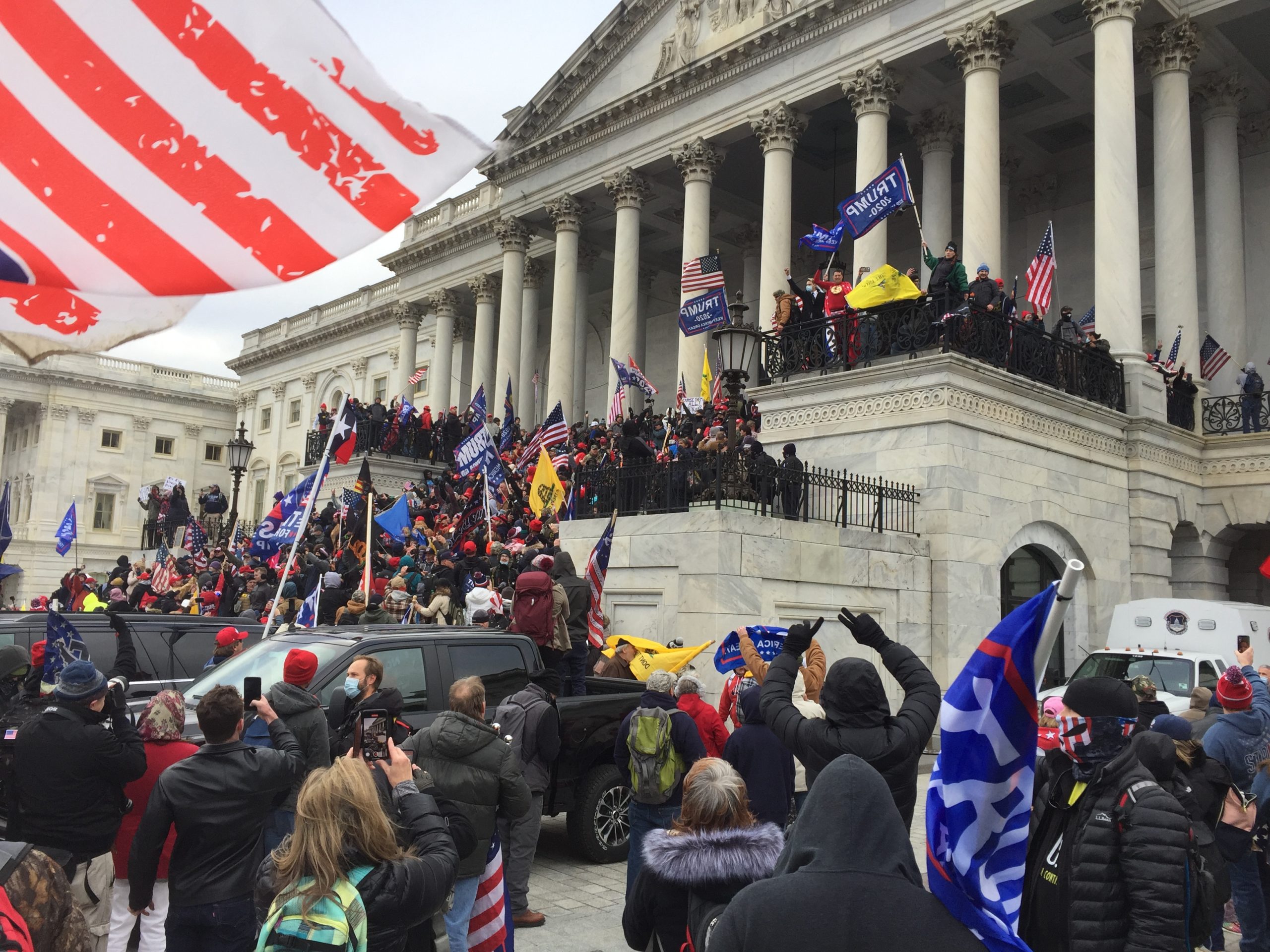Politics
China’s Ongoing Forgetting of Tiananmen Square Massacre

The Chinese government continues to suppress memories of the 1989 Tiananmen Square massacre, where an estimated 10,000 protesters lost their lives. This event, referred to as a moment of “forgettance” by the BBC, highlights China’s efforts to erase a pivotal chapter from its history. The government employs extensive censorship tactics, particularly around the anniversary of the events, to ensure that discussions about Tiananmen Square remain suppressed.
In the mid-1980s, China experienced significant transformations under the leadership of Deng Xiaoping. His policies opened the nation to foreign investment and some privatization, aiming to boost the economy. However, these changes also brought corruption and led to mounting calls for greater political freedom, particularly among the youth. The death of Hu Yaobang, a reform-minded leader, in April 1989 triggered widespread protests. Tens of thousands gathered in Tiananmen Square, with demands for political reform and freedom of speech escalating over the following weeks.
Initially, the government hesitated to act against the protesters, leading to a split within the Communist Party. However, hardliners ultimately prevailed. By late May, martial law was declared, and on June 3 and 4, troops were deployed to regain control of the square, violently suppressing the dissent. The government’s choice to crush the protests cemented its stance on maintaining authoritarian control.
Today, China employs a vast censorship apparatus to ensure that the events of Tiananmen remain largely unacknowledged. The BBC reports that prior to June 4 each year, the Chinese authorities ramp up censorship measures, utilizing automated algorithms and human monitors to scrub the internet of any mention of the massacre. Such repression extends to public remembrance, with individuals facing severe penalties for even minor acts of commemoration.
This phenomenon of forgetting is not unique to China. In the United States, a similar narrative unfolds around the events of January 6, 2021, when supporters of former President Donald Trump stormed the Capitol in an attempt to overturn the 2020 election results. The aftermath saw numerous arrests and legal proceedings, yet Trump has since pardoned many involved, reinforcing a narrative of forgettance surrounding the violent insurrection.
As the U.S. grapples with its own historical memory, the parallels with the Tiananmen Square situation become apparent. Just as China seeks to erase the memory of its past transgressions, there are efforts within certain political circles in the U.S. to downplay or rewrite the significance of January 6. This raises critical questions about accountability and the importance of remembering historical truths.
The comparison is stark. Just as the My Lai Massacre during the Vietnam War exposed the brutal realities of American military engagement, the violence at Tiananmen Square serves as a reminder of the lengths to which governments will go to maintain power. Both events are marked by their respective governments’ attempts to control the narrative and suppress dissent.
In Afghanistan, the Taliban’s destruction of the Buddhas of Bamiyan in 2001 serves as another example of cultural erasure driven by dogmatism. The Taliban’s actions, justified by a radical ideology, led to the loss of invaluable cultural heritage, much like the suppression of memory surrounding Tiananmen Square.
These instances of forgettance highlight a broader human tendency to ignore uncomfortable truths. The ongoing debate regarding the treatment of Afghan refugees in the U.S. also reflects this struggle. Reports indicate that some Afghan allies, who once supported U.S. efforts against the Taliban, now face deportation back to a regime that previously threatened their lives. The government’s attempts to downplay the risks for these individuals further illustrate the lengths to which authorities may go to avoid accountability.
As the world reflects on these historical events, the importance of remembrance becomes clear. Forgetting allows for the perpetuation of harmful narratives and the erasure of accountability. The stories of Tiananmen Square, My Lai, and the insurgency of January 6 serve as vital reminders of the past that must not be forgotten.
Ultimately, as individuals and societies grapple with their histories, the challenge remains: how to confront and acknowledge the darker chapters of our past while striving for a more just and transparent future. The act of remembering, rather than forgetting, serves as a crucial step towards accountability and reconciliation.
-

 Health2 months ago
Health2 months agoNeurologist Warns Excessive Use of Supplements Can Harm Brain
-

 Health3 months ago
Health3 months agoFiona Phillips’ Husband Shares Heartfelt Update on Her Alzheimer’s Journey
-

 Science4 weeks ago
Science4 weeks agoBrian Cox Addresses Claims of Alien Probe in 3I/ATLAS Discovery
-

 Science4 weeks ago
Science4 weeks agoNASA Investigates Unusual Comet 3I/ATLAS; New Findings Emerge
-

 Science3 weeks ago
Science3 weeks agoScientists Examine 3I/ATLAS: Alien Artifact or Cosmic Oddity?
-

 Science3 weeks ago
Science3 weeks agoNASA Investigates Speedy Object 3I/ATLAS, Sparking Speculation
-

 Entertainment4 months ago
Entertainment4 months agoKerry Katona Discusses Future Baby Plans and Brian McFadden’s Wedding
-

 World2 months ago
World2 months agoCole Palmer’s Cryptic Message to Kobbie Mainoo Following Loan Talks
-

 Entertainment4 months ago
Entertainment4 months agoEmmerdale Faces Tension as Dylan and April’s Lives Hang in the Balance
-

 Science3 weeks ago
Science3 weeks agoNASA Scientists Explore Origins of 3I/ATLAS, a Fast-Moving Visitor
-

 Entertainment4 months ago
Entertainment4 months agoLove Island Star Toni Laite’s Mother Expresses Disappointment Over Coupling Decision
-

 Entertainment3 months ago
Entertainment3 months agoMajor Cast Changes at Coronation Street: Exits and Returns in 2025









